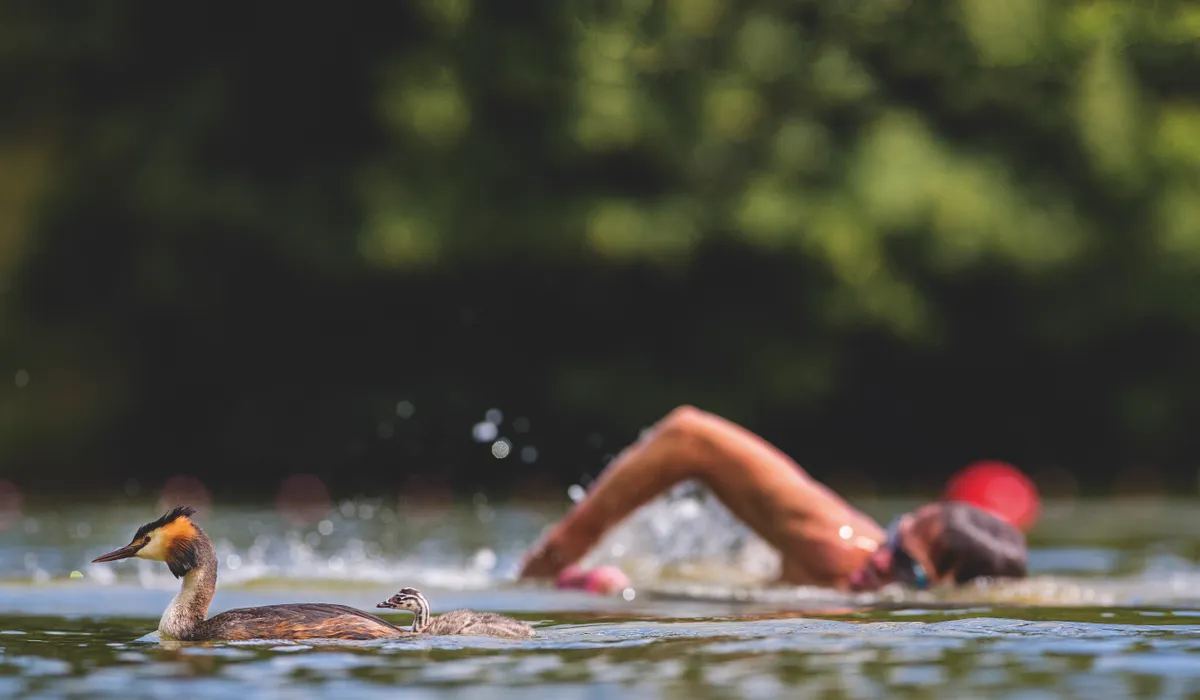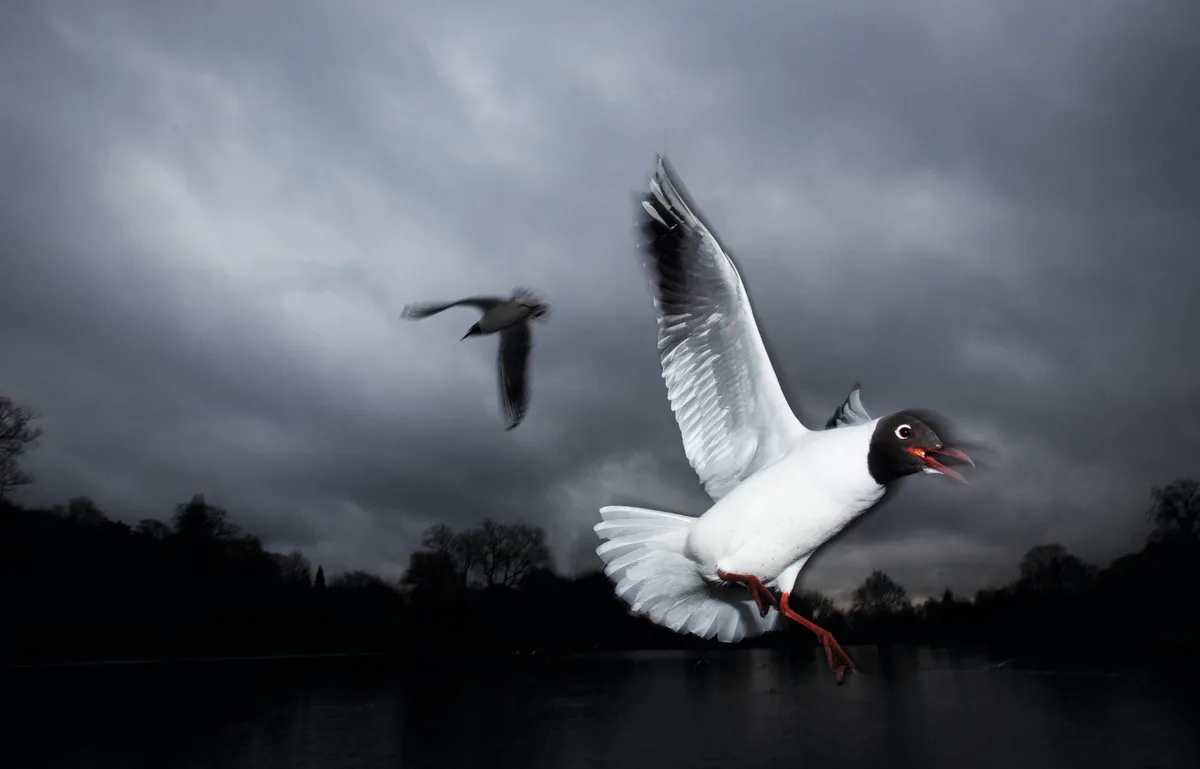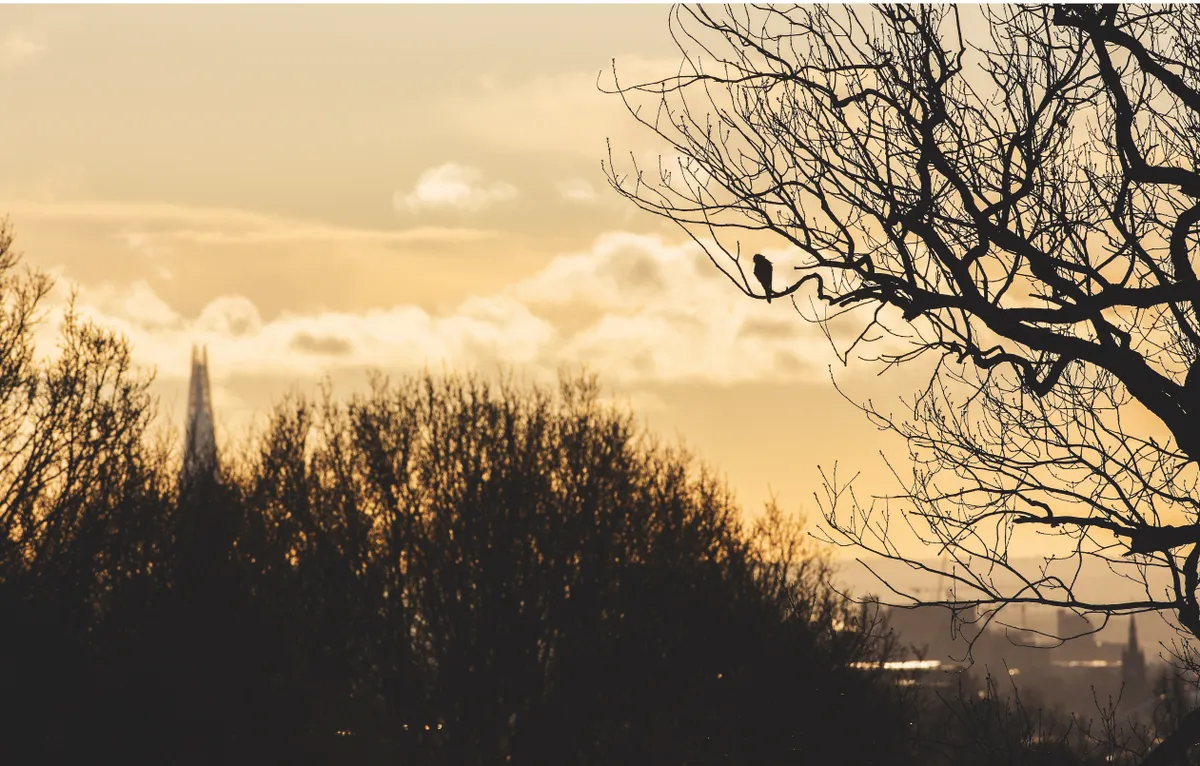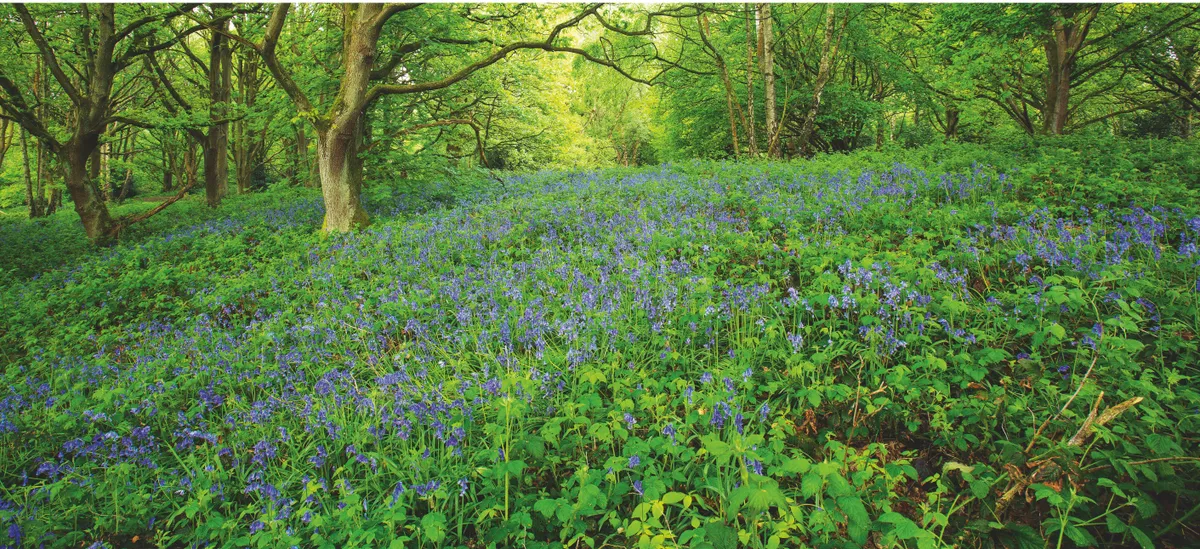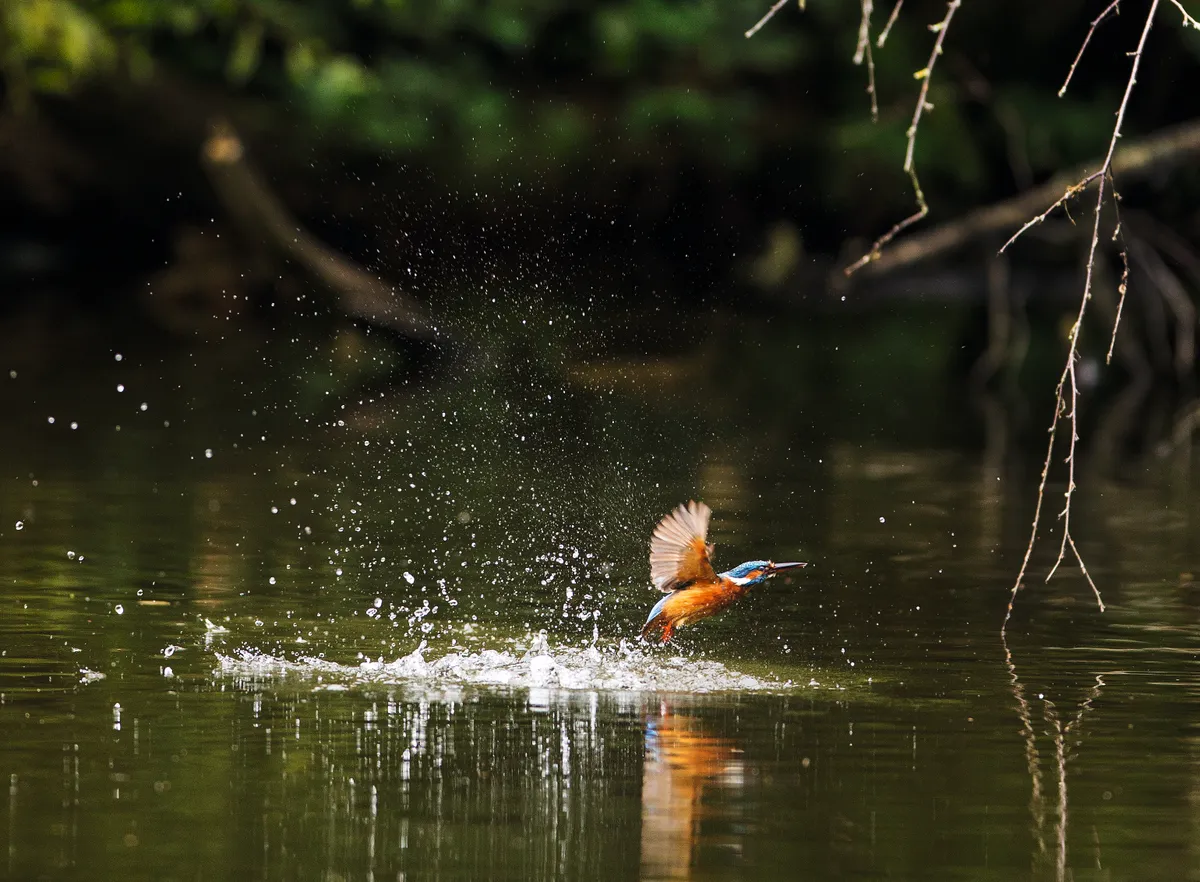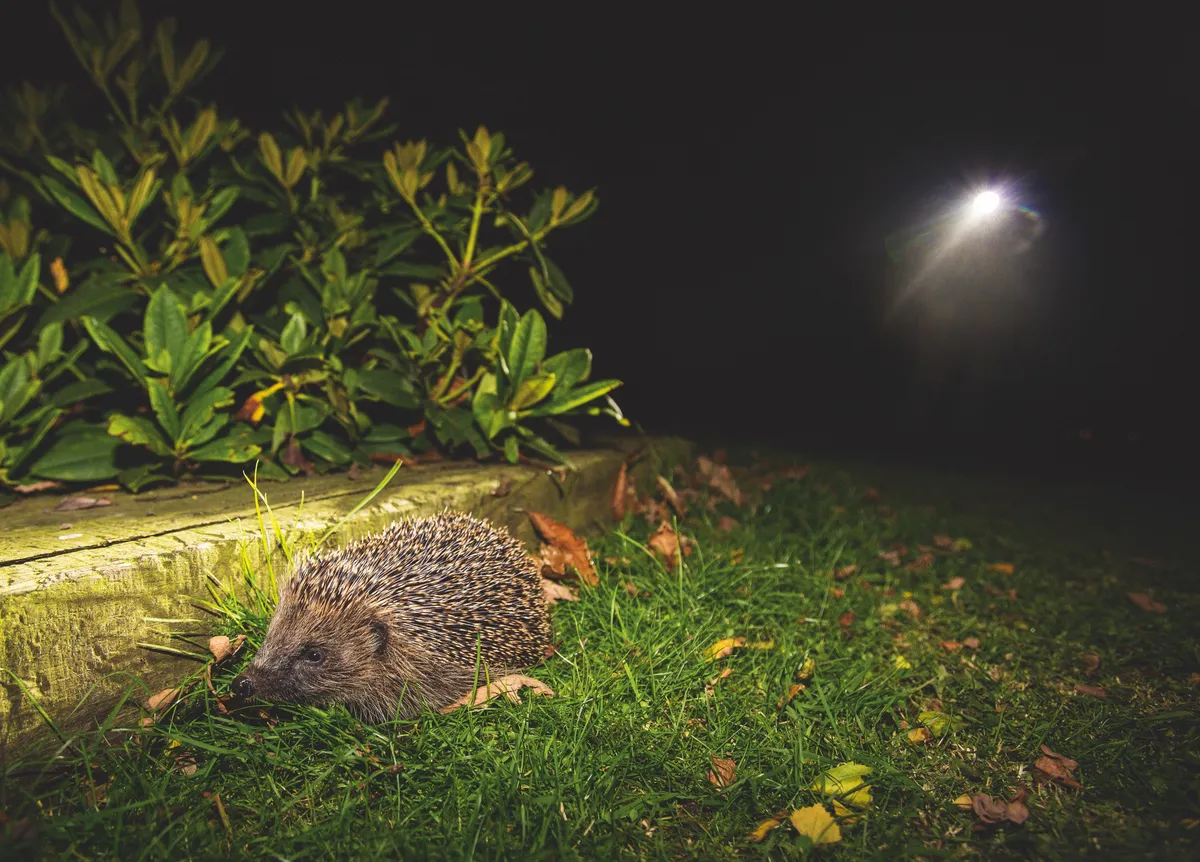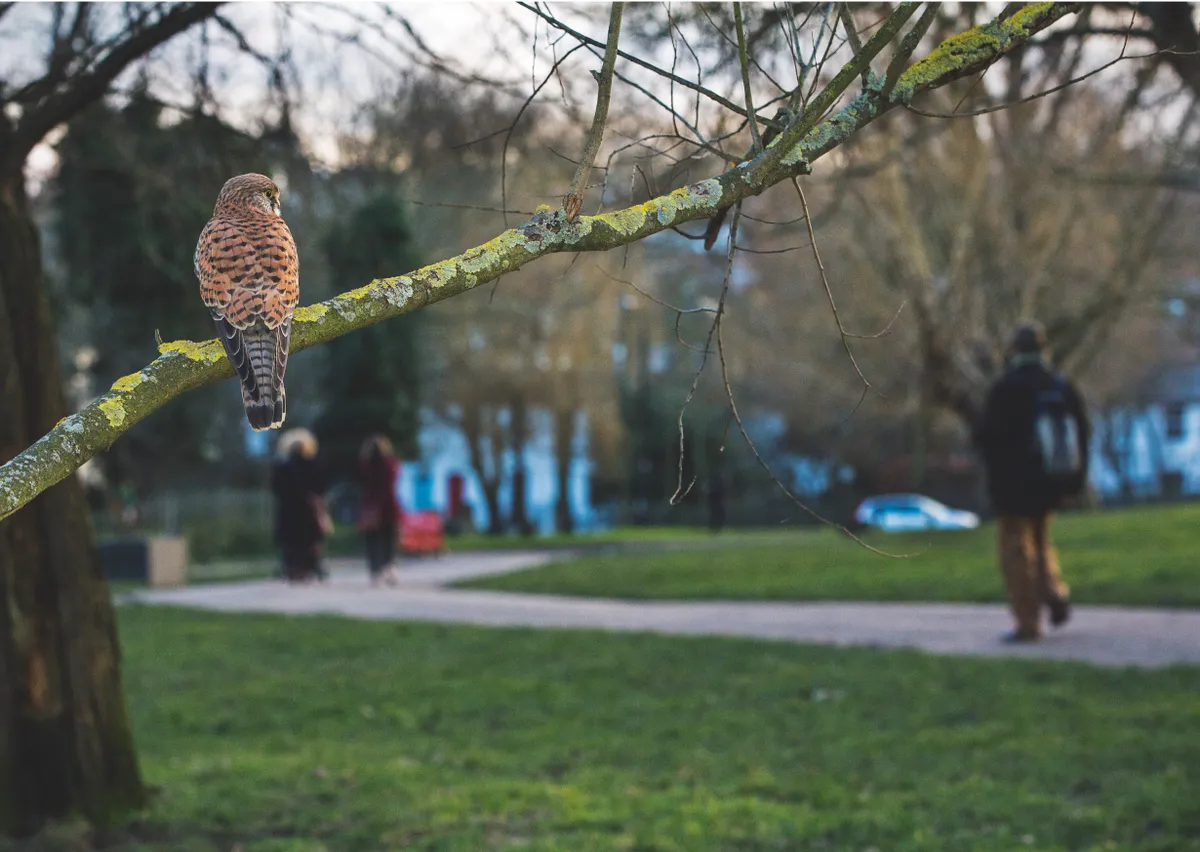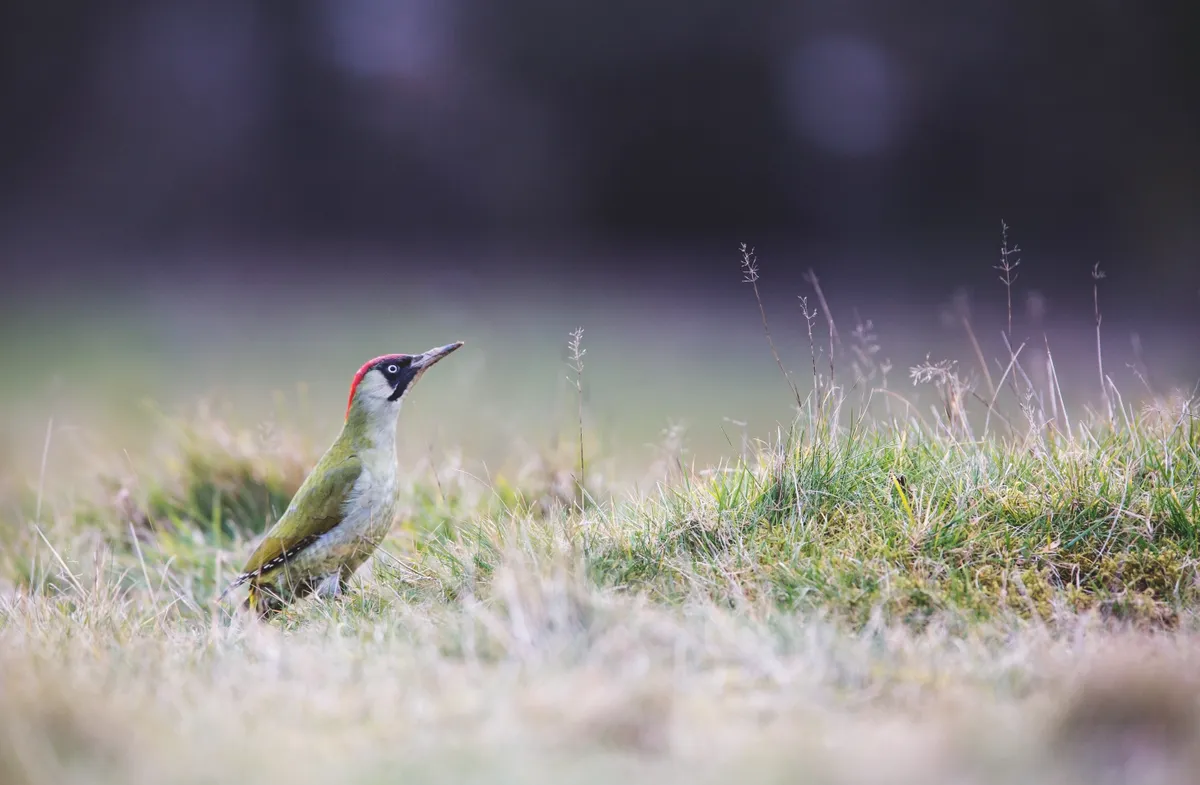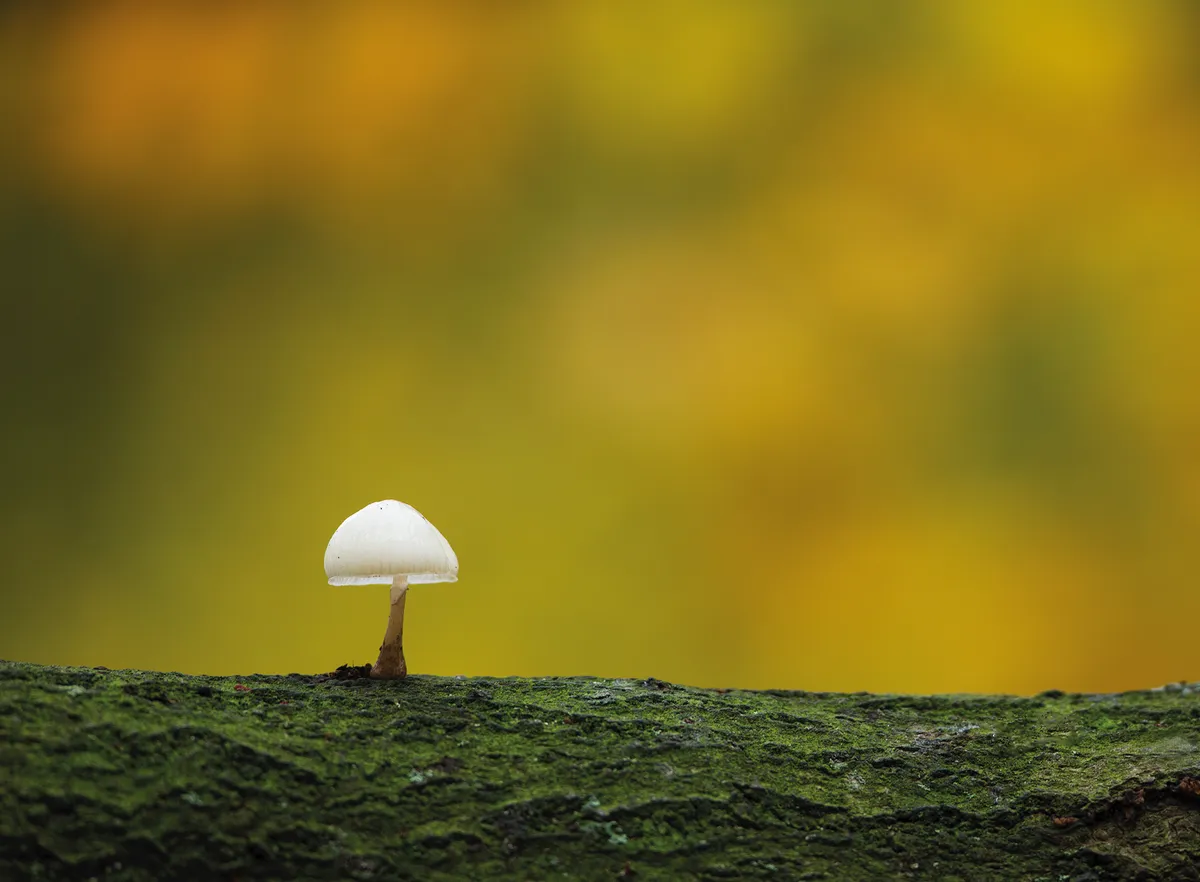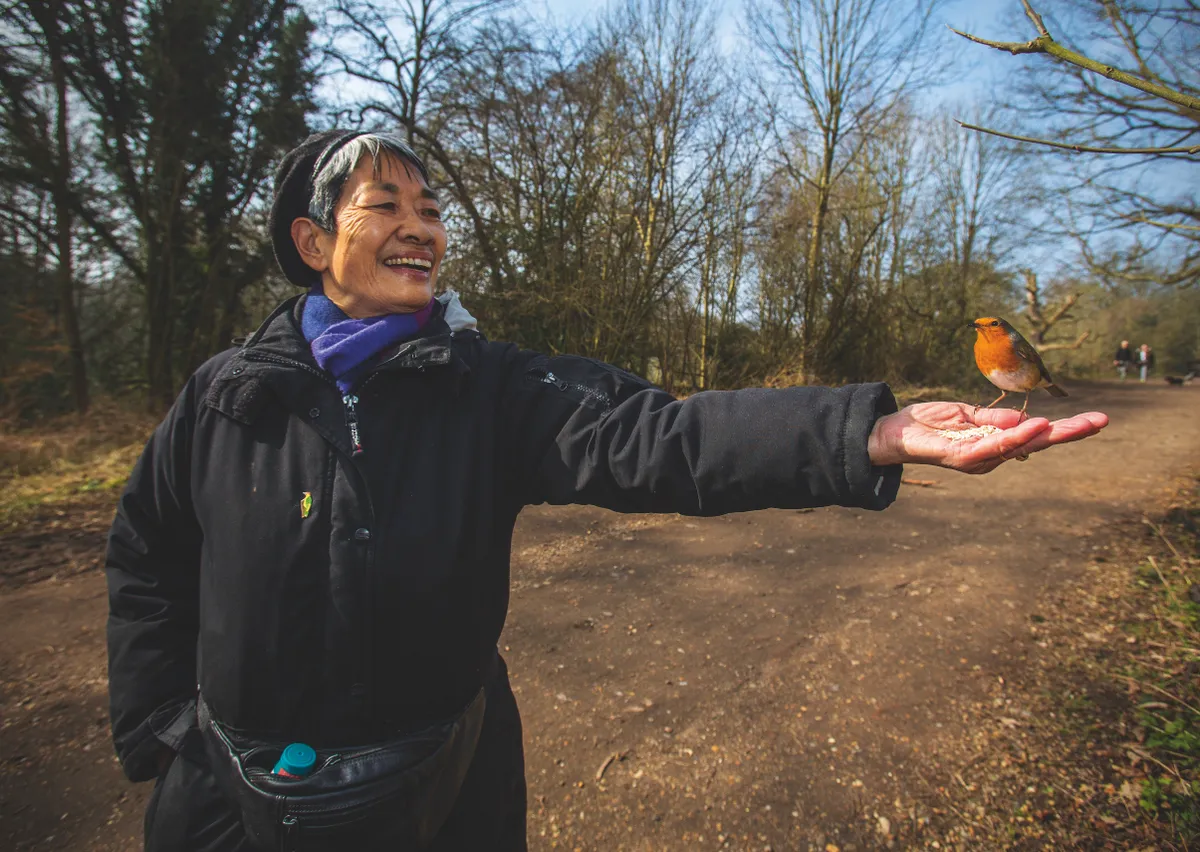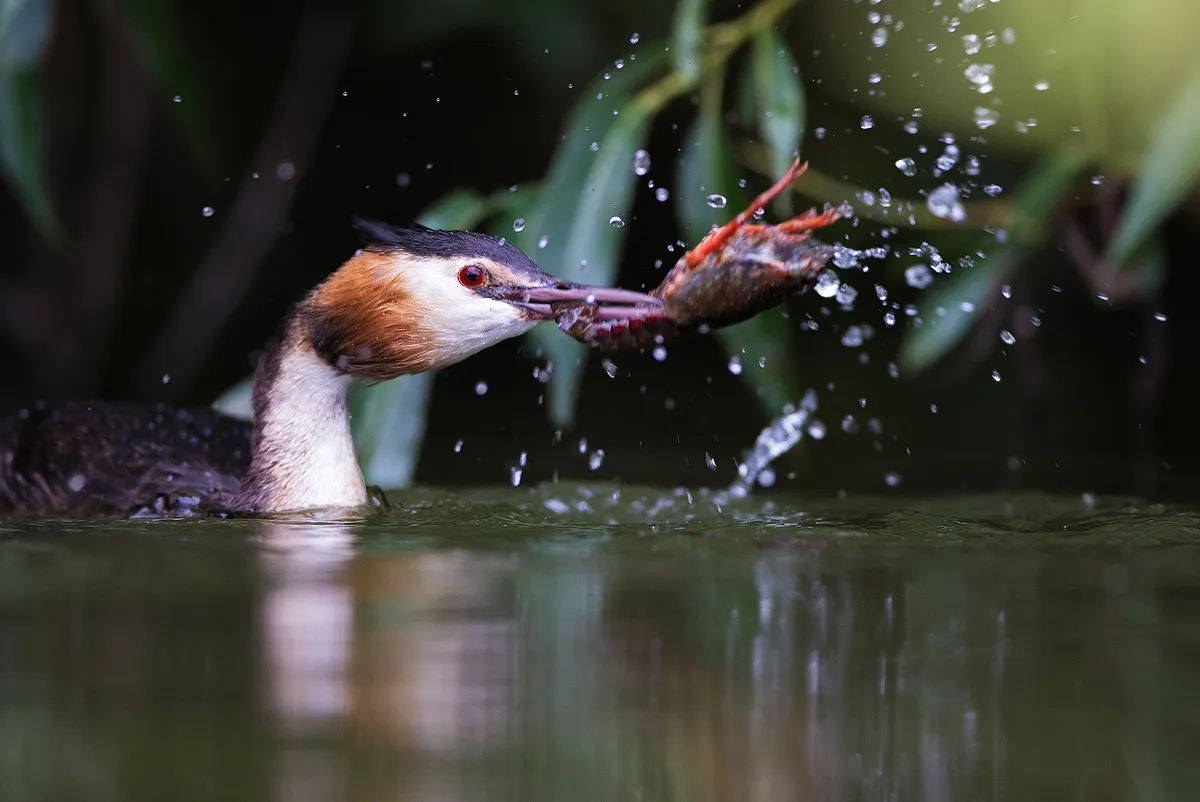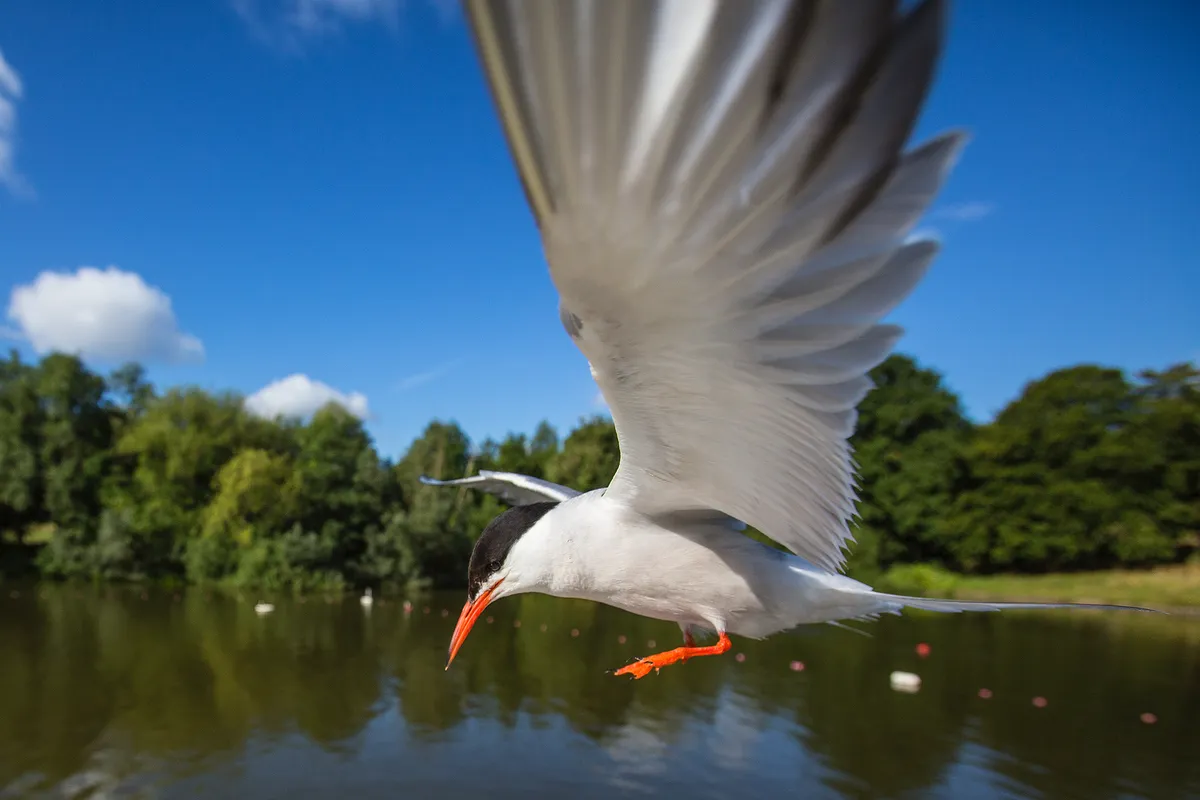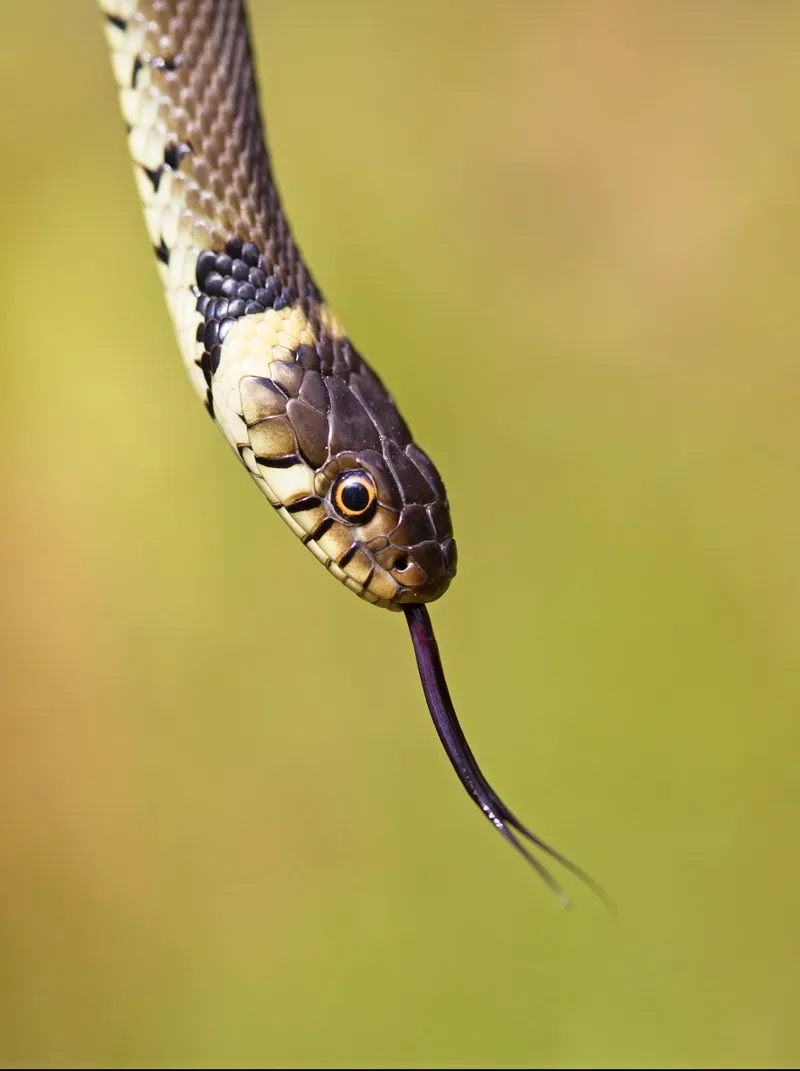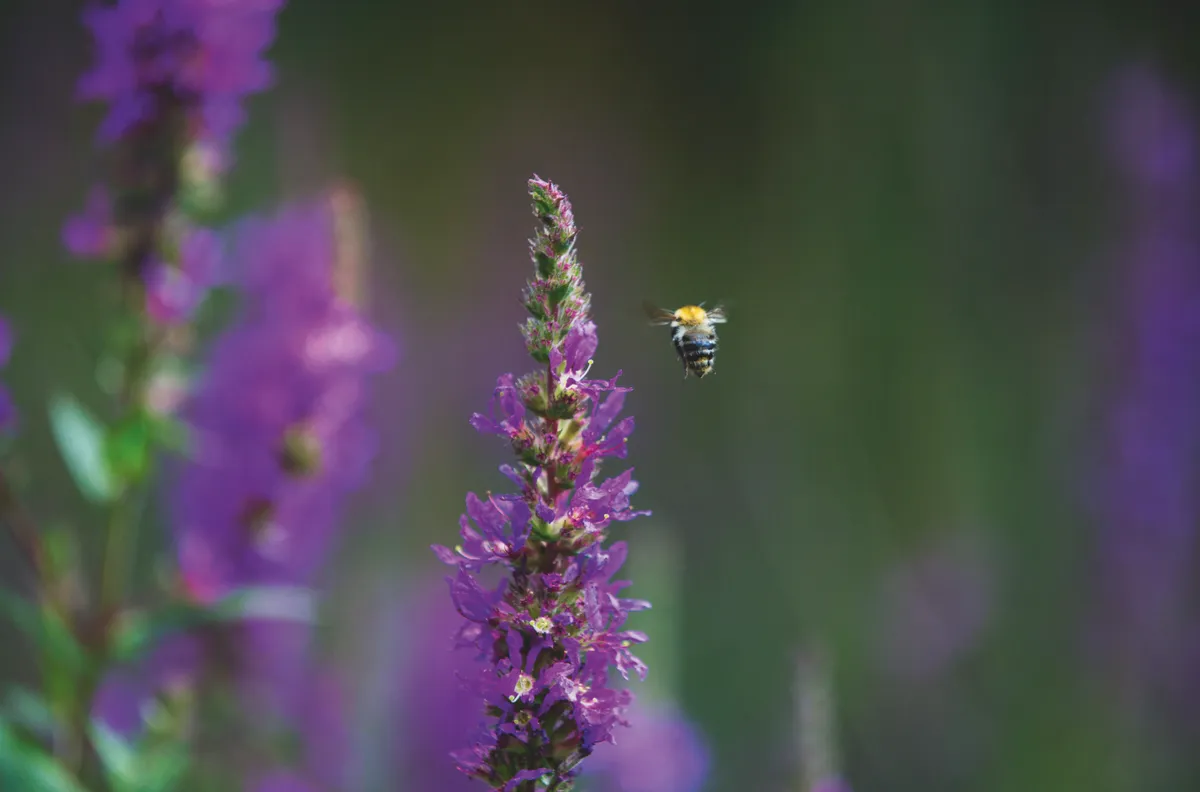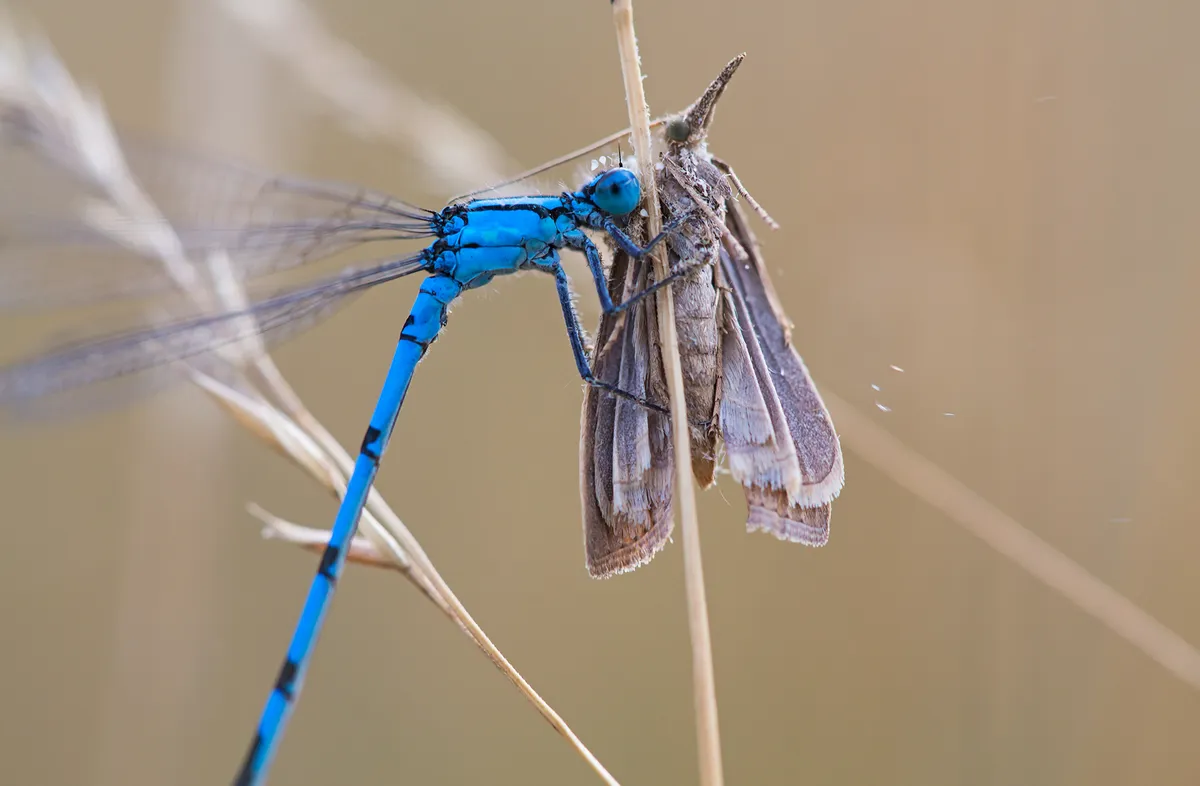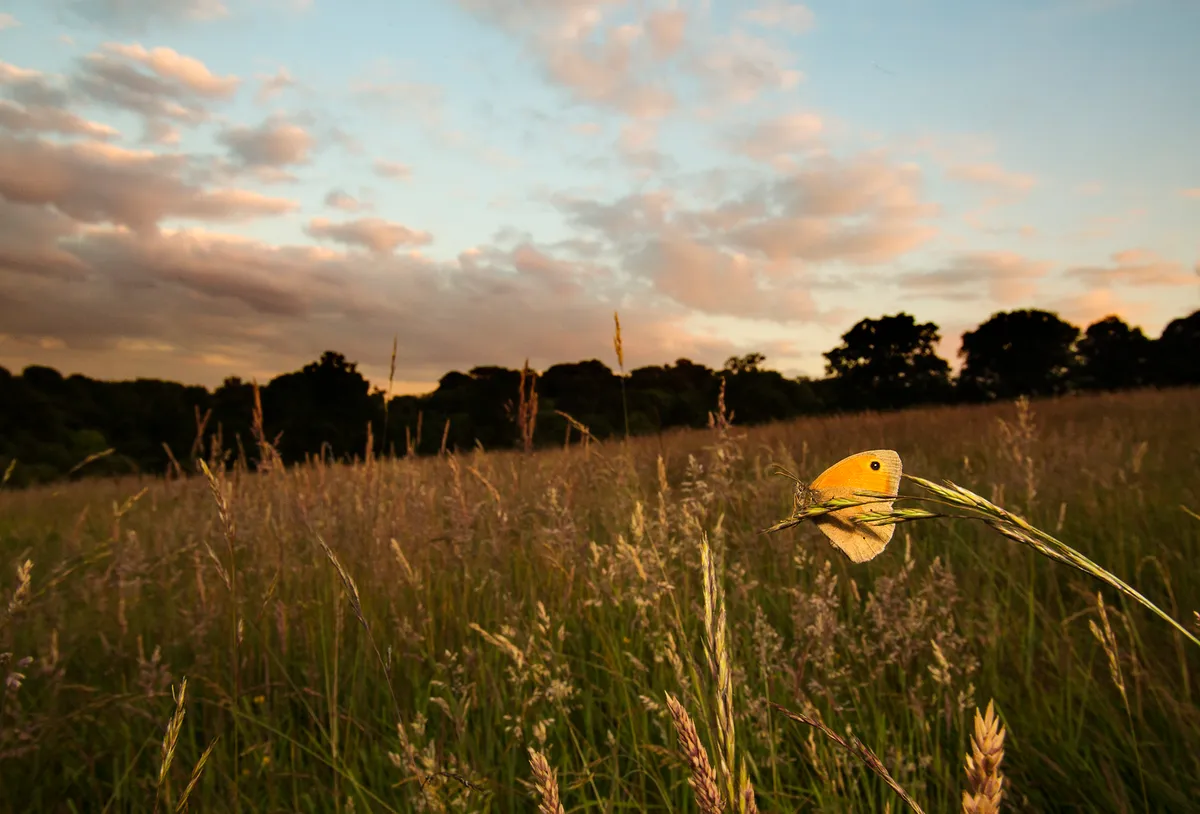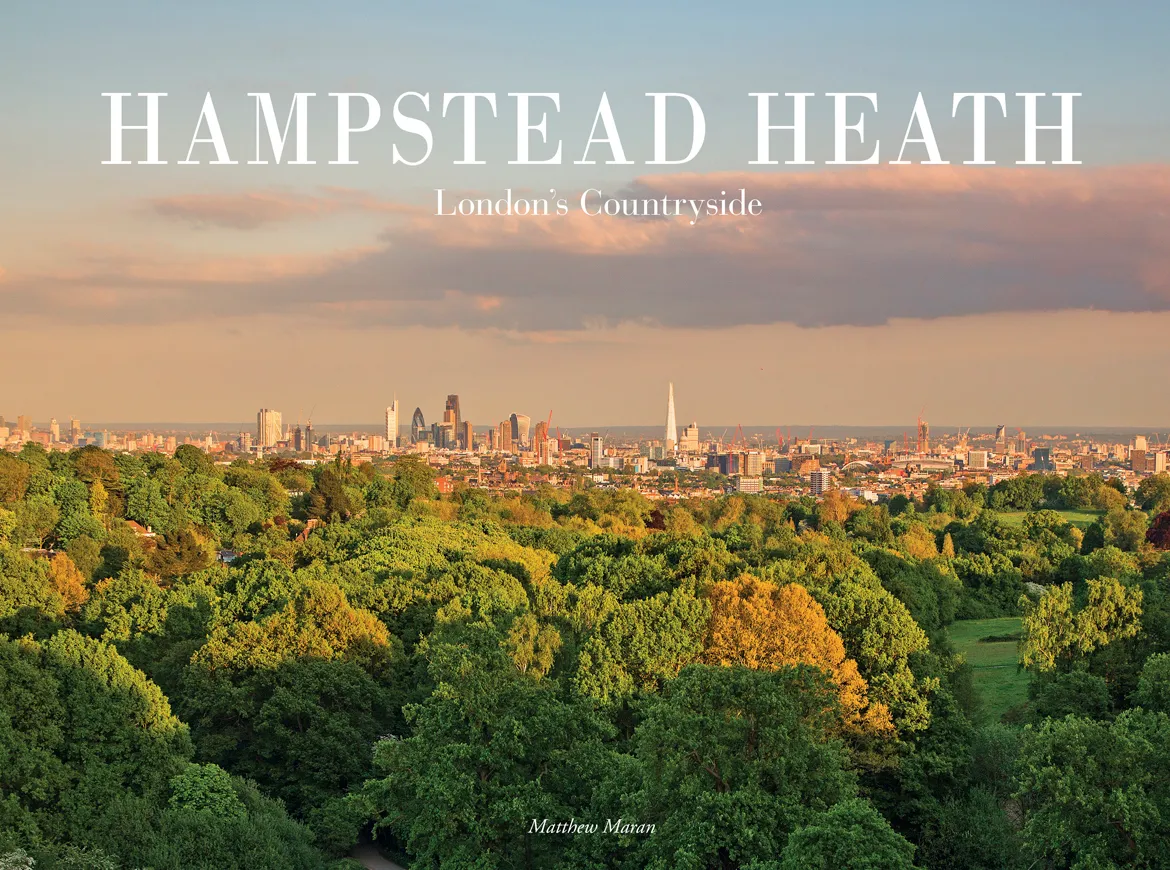About the photographer
Matthew Maran is a London based photographer who has spent years photographing the wildlife and landscapes of Hampstead Heath, London.
Working on a collaborative project with The City of London Corporation he has showcased the familiar and rarely seen animals and habitats of the Heath, and published them in his book, Hampstead Heath: London’s Countryside.
See more of his Matthew's photos on his website .
To view the images as a slideshow, click on the arrows in the top right hand corner of the photos below.
Of the many ponds on Hampstead Heath at least four have supported a family of great crested grebes – one of our most enchanting birds. © Matthew Maran. Black-headed gulls don’t nest in Hampstead, so this individual, in smart breeding plumage, is probably on the cusp of moving out to a colony. © Matthew Maran. A kestrel takes in the view of the skyline from a tree in Cohen’s Fields near the Hampstead Lane entrance to the park. © Matthew Maran. The Heath is dotted with pleasant glades, but a lot of the flora is non-native. © Matthew Maran. Kingfishers were were first lured to the Heath by the provision of an artificial nesting bank, complete with a couple of holes to get them started. © Matthew Maran. On the Heath, one hedgehog hotspot is Golders Hill Park. It’s under careful habitat management and locked at night, and the population here seems to be recovering as a result. © Matthew Maran. Each year there are a couple of kestrel families on the Heath, nesting in a hollow tree and in a tower on a nearby building. © Matthew Maran. Great spotted and green woodpeckers are flourishing on the Heath but sadly the lesser spotted is no longer seen here. © Matthew Maran. A porcelain fungus, which is strongly tied to rotting beech, stands bright against the autumnal colours. © Matthew Maran. People have long scattered seeds and other treats on Bird Bridge, making the tits, robins and nuthatches here very tame. Here a robin perches on a lady’s hand. © Matthew Maran. A great crested grebe at the Highgate ponds catches and stuns a red swamp crayfish before swallowing it whole. © Matthew Maran. A common tern comes into land after feeding its young. A wide angle lens and a remote trigger was used to capture this shot. © Matthew Maran. Grass snakes favour the enclosed conservation areas of the Heath where habitat improvement work has taken place over a number of years. This has resulted in a significant increase of breeding pairs. © Matthew Maran. On a warm summer’s day the Heath is alive with insects, including several species of bee (here a carder bee); butterflies such as meadow browns and skippers; and damselflies and dragonflies exploring away from the ponds. © Matthew Maran. A damselfly attacks moth in the in the Cohen’s Fields grasslands. © Matthew Maran. Meadow browns can be seen all over the open grasslands. Here one pauses on a blade of grass at sunset. © Matthew Maran. Hampstead Heath: London’s Countryside by Matthew Maran book cover © Hemisphere Publishing. 